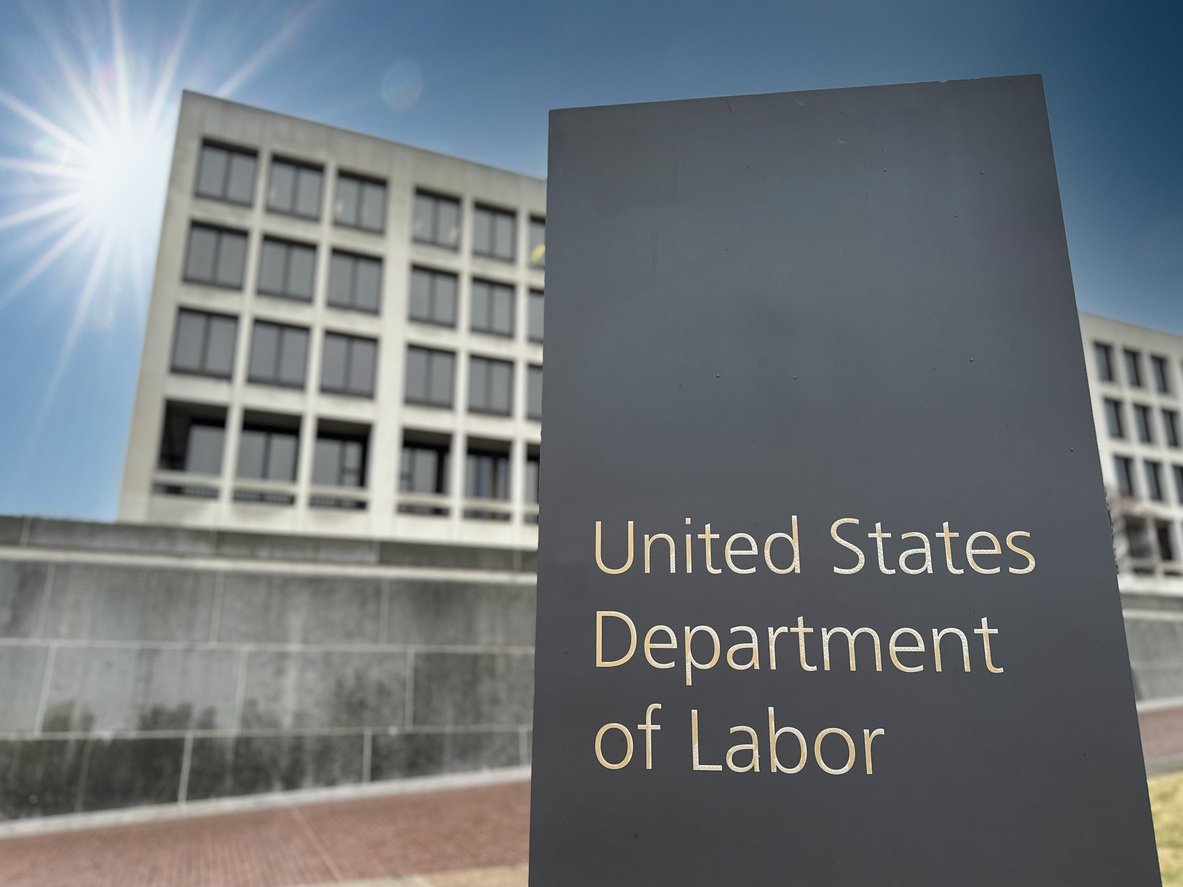
Written by
Germeen Tanas
Germeen is an aPHR-certified writer on the marketing team at BerniePortal. She writes about HR, healthcare, and benefits.
Court Strikes Down DOL’s 2024 Exempt Salary Threshold Increase

On November 15, 2024, the Federal District Court for the Eastern District of Texas invalidated the 2024 Department of Labor (DOL) rule that would have raised the salary threshold for executive, administrative, and professional employees to qualify for exempt status starting July 1, 2024. The rule also included a planned increase for January 1, 2025.
The court’s decision means that the July 2024 increase is no longer required, and the January 2025 salary threshold hike will not take effect.
For more background information on the initial ruling, check out our blog from April on the DOL’s proposed updates on the overtime salary threshold.
Current Overtime Salary Thresholds
Now that the DOL’s 2024 rule has been struck down, the overtime salary thresholds will revert to the 2019 levels, which are as follows:
- $35,568 per year ($684 per week) for most workers to qualify for exempt status under the executive, administrative, and professional categories.
- $107,432 per year for highly compensated employees (HCEs) to qualify for exemption from overtime pay.
These salary thresholds are part of the Fair Labor Standards Act (FLSA) regulations, and since the court ruling, these 2019 thresholds will remain in effect unless further changes are made.
Action Items for Employers
Now that the court has voided the DOL’s 2024 overtime rule, employers have some important decisions to make. Here's a breakdown of what you need to know moving forward.
- Rolling Back Changes: If you already made changes to comply with the new rule—such as adjusting salaries to meet the threshold or reclassifying employees—these changes can be rolled back. However, it's important to note that you can't retroactively reduce employees' pay or alter their classification. This means if you raised someone's salary to meet the new threshold, you can't lower it again without risk of creating morale issues or potentially violating wage laws.
- Notice Requirements: Employees need to be informed of any changes to their pay or classification before those changes take effect. In addition to federal law, make sure to check any state or local laws that might have specific notice requirements. Some states have stricter rules regarding pay changes, so it's important to stay compliant to avoid fines or lawsuits.
- Managing Employee Morale: While the legal impact of the ruling is clear, the morale impact can be trickier. Employees who were expecting a pay bump or reclassification under the new rule may be disappointed. To avoid frustration, communication is key. Be transparent and explain that the decision was based on changes to federal law, not an arbitrary choice.
Additional Resources
You can stay informed, educated, and up to date with important HR topics using BerniePortal’s comprehensive resources:
- BernieU—free online HR courses, approved for SHRM and HRCI recertification credit
- BerniePortal Blog—a one-stop shop for HR industry news
- HR Glossary—featuring the most common HR terms, acronyms, and compliance
- Resource Library—essential guides covering a comprehensive list of HR topics
- HR Party of One—our popular YouTube series and podcast, covering emerging HR trends and enduring HR topics
- Community—the HR Party of One Community forum, a place devoted to HR professionals to ask questions, learn more, and help others

Written by
Germeen Tanas
Germeen is an aPHR-certified writer on the marketing team at BerniePortal. She writes about HR, healthcare, and benefits.
Related Posts
Each year, new state and local regulations take effect, and with a new administration...
As we approach 2025, it's essential for HR professionals to plan for the upcoming year's...
From major holidays to key compliance and ACA deadlines, here’s everything you need to...








Submit a Comment